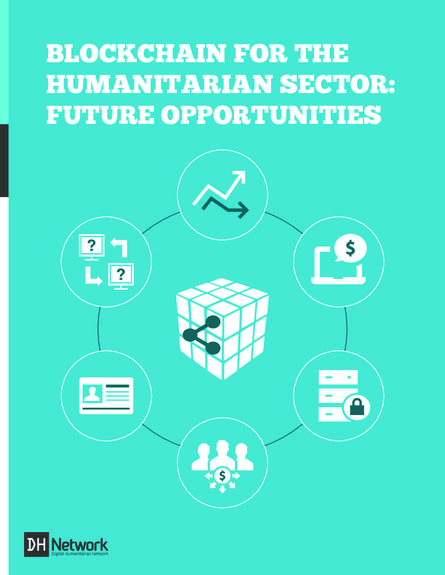
The blockchain is a type of distributed database hosted across a network of multiple participants. Moreover, the blockchain provides a way to share information and transfer digital assets in a fast, tracked and secure way. Originally created to enable the digital currency Bitcoin, blockchain technology has garnered attention by creating new opportunities beyond currency for organizations in all sectors, including the humanitarian sector. The blockchain has the potential to transform the humanitarian sector by providing cost savings and traceability of information flows, and by reducing transaction times.
There has been tremendous interest in blockchain technology around the world and across sectors. DARPA is investigating the blockchain for a messaging service. National and local Governments, such as the United Kingdom, Estonia, Russia and Delaware in the United States, have been researching blockchain applications for public record-keeping, commercial vendors and voting systems. In the financial sector, banks have already formed consortiums and research labs centred on the blockchain and its potential.
This Think Brief explores blockchain technology and its potential application to the humanitarian sector. It provides a primer on blockchain technology, and it highlights applications in the humanitarian sector, potential use cases and recommendations for implementation. This is meant to serve as guidance for potential use within the humanitarian community, and it outlines future areas of research and exploration.